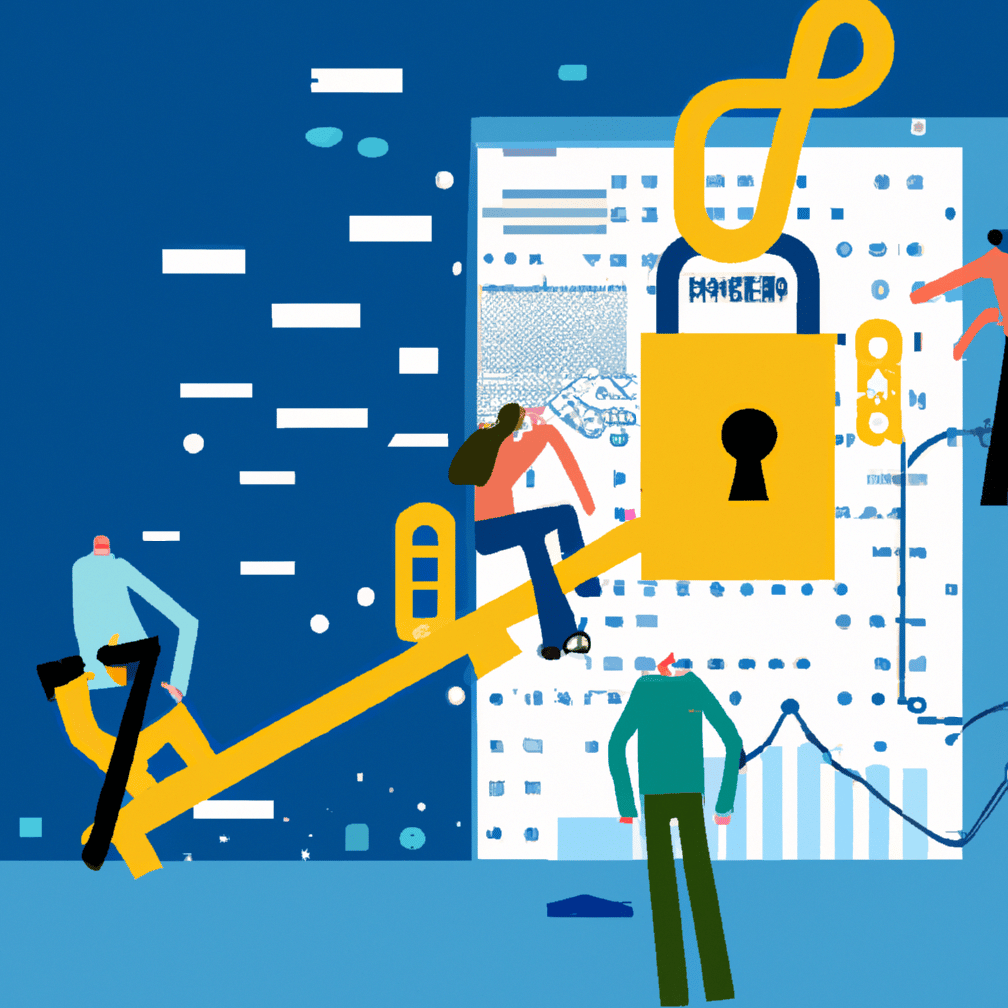
"How many new users signed up for our product last month?"
You'd think answering this question would be pretty easy no matter how technical or data-savvy you are. But oftentimes existing resources and dashboards aren't enough, and you just can't get the data answers you need.
This is frustrating for both business stakeholders (i.e., the folks using data to make decisions in functions such as Marketing, Sales, Finance, Product, HR, etc.) and data specialists (i.e., data analysts, scientists, engineers).
Here are some signals this may be going on at your company.
Sign 1: Unanswered data questions are frustrating business stakeholders
You might start to hear some grumbling whenever someone has to get an answer for a presentation or a meeting – they feel it's an arduous task to go to a data analyst or poke around a dashboarding tool to get an answer. And while data specialists are more than happy to help, they do spend a lot of time answering ad hoc questions instead of focusing on in-depth analyses.
You'll start to notice the speed of getting data to make decisions is too slow for the business, and making data-informed decisions happens less and less.
Sign 2: Your Slack or Teams channel is staffed by many people
Do you have a Slack or Teams channel at your company with a name similar to #help-data?
This probably evolved from business stakeholders pinging data specialists individually with data questions they couldn't answer. Eventually someone said, "Alright we need to create a channel where people can get their data questions answered." Unfortunately the side effects of this are pretty big:
Typically you have to generate On-Call shifts supporting this channel (and that talent is expensive). People who are uncomfortable asking questions publicly tend not to post. So you may think you are handling the demands, but you are missing out on the people who don't want to bother someone else. As different types of data sources become available, you need data specialists on call, and you create #help-data-marking and #help-data-sales channels. Eventually people don't even know where to go to ask their questions.
This works pretty well for a while, but data consumers asking questions still have to wait in a queue for a data specialist on call to answer their question – unless of course they are the President of the company. And again, data specialists are taking valuable time from doing in-depth analyses or working on data pipelines to answer ad hoc questions.
Sign 3: It's difficult to onboard employees onto dashboards and other data tools
Do people keep asking where to go to learn about a certain metric? Does every employee joining your company have to learn the company's dashboarding tool? Often it's not just one dashboarding tool but several to learn about. Some of these tools even require "Certification Tests and Training" – is becoming an expert with the nuances of a dashboarding tool really a good use of company time?
There shouldn't be a huge mental hurdle to learn how to get data answers. People already know how to ask questions – why can't they self-serve without having to learn a new tool?
Sign 4: This question comes up a lot – "Is this dashboard still relevant?"
Creating dashboards involves getting stakeholders to agree on which questions they want to get answered. And once everyone finally agrees on what the dashboard should show, it takes a non-trivial amount of work to create the dashboard and maintain it.
While every dashboard is made to simplify data access for someone, that simplification has some logic in it that will never be set in stone. An evolving business leads to the need for logic updates. A lot of times it is easier to start from scratch than to update the existing ones, which leads to a bunch of dashboards floating around that people are unsure are still relevant to answer their most important data questions.
Sign 5: You aren't using SimplyPut 😉
We created SimplyPut after seeing the issues above come up again and again at multiple companies. SimplyPut allows people to simply ask straightforward data questions and get the answers they need right then and there.
We empower people to self-serve their own data questions and believe there is an amazing opportunity to democratize data. The ease of access to data is the last step to enabling companies to become truly data-driven.


